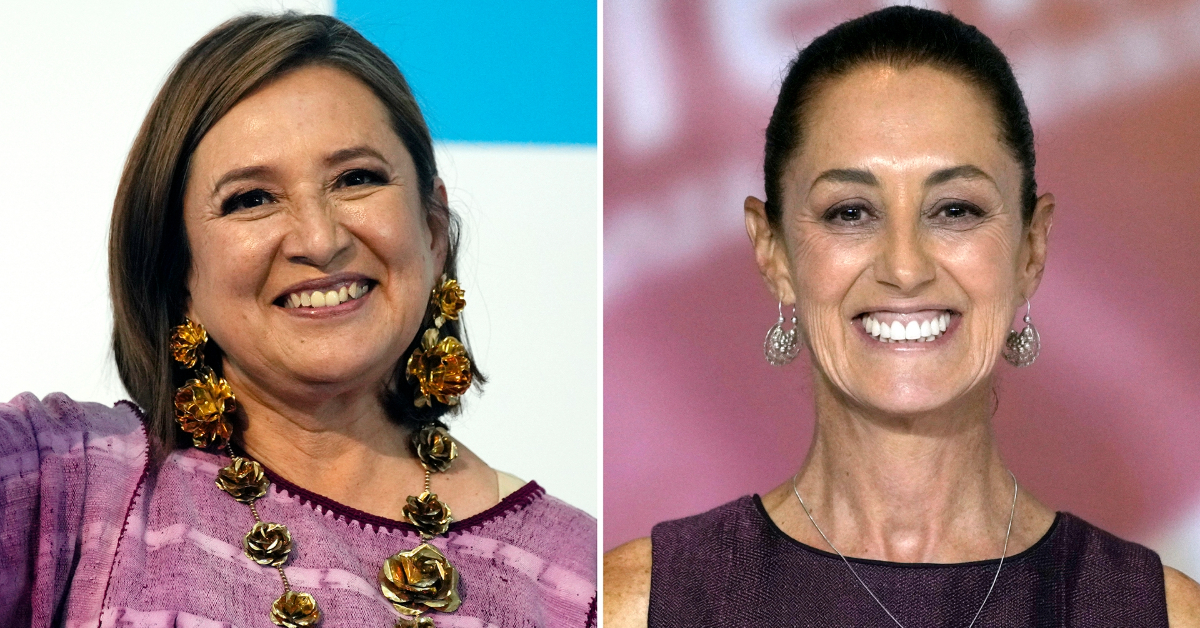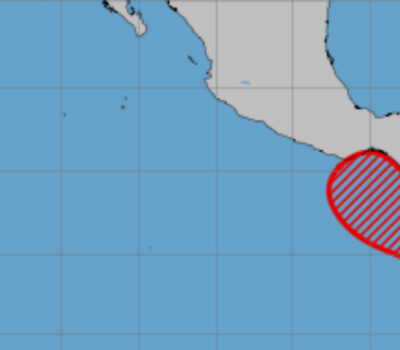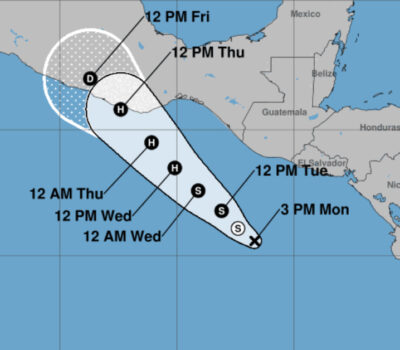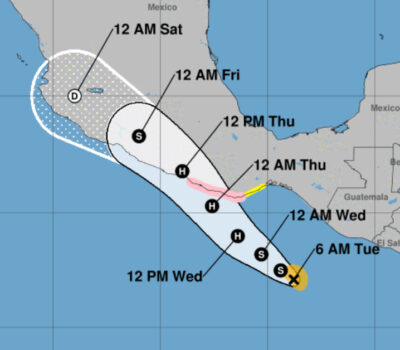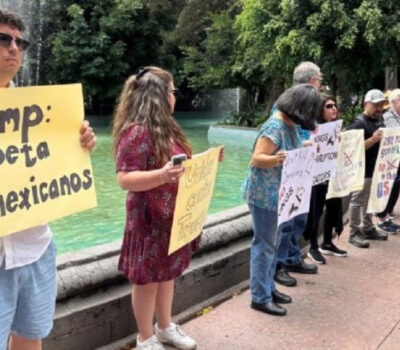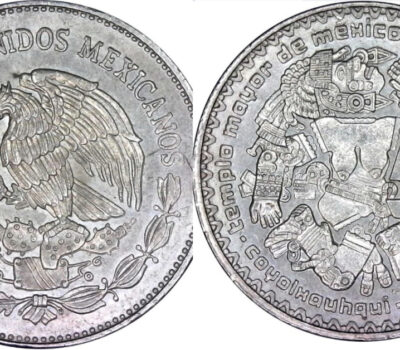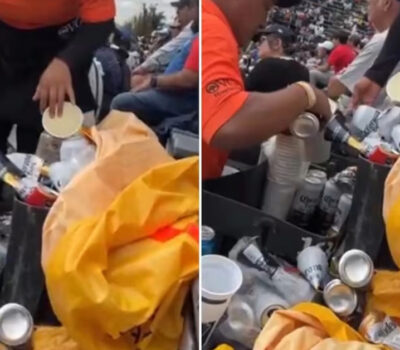Puerto Vallarta, Mexico – Mexicans will head to the polls on Sunday in a historic election where gender, democracy, and populism intersect, charting the future of a nation marred by cartel violence. With two women leading the polls, Mexico stands on the cusp of electing its first female president, a significant milestone in a country traditionally characterized by its “macho” culture. This election, the largest in Mexico’s history, will see more than 20,000 positions in Congress and local governments contested, according to the National Electoral Institute.
Violence and Bloodshed During Campaigns
The scale of the positions up for grabs has intensified violence during the campaigns, with criminal organizations seizing the opportunity to exert their influence. Rival cartels and gangs have clashed over territory, resulting in the murder of more than 20 aspiring public officials this year. The political stakes are high, with the legacy of outgoing President Andrés Manuel López Obrador and Mexico’s often contentious relationship with the United States hanging in the balance.
The Leading Presidential Candidates
Claudia Sheinbaum, the former mayor of Mexico City, leads the polls by a comfortable margin. Sheinbaum, who promises to continue López Obrador’s populist policies, is backed by the ruling party, Morena. Despite her scientific background, she has worked to forge her own political identity while maintaining a strong connection to the president, albeit without the charismatic appeal that López Obrador possessed.
Xóchitl Gálvez, an opposition senator and technology entrepreneur, is another strong contender. Representing a coalition of historically disparate parties united in their opposition to López Obrador, Gálvez is known for her vocal criticism of the president and her confrontational style. However, she has struggled to generate significant enthusiasm for her Force and Heart coalition for Mexico.
The third candidate, Jorge Álvarez Máynez, a former federal congressman from the Citizen Movement, has targeted the youth vote but remains relatively unknown and has made little impact.
López Obrador’s Influence on the Election
Elected in 2018, López Obrador’s presidency has been marked by a focus on anti-corruption and appeals to the working class, rural, and poor voters who felt marginalized by the political system. Despite not being on the ballot, his influence looms large over this election. While he remains popular, his tenure has been criticized for undermining democratic institutions and expanding military roles in civilian life, leading to significant opposition protests.
Sheinbaum is seen as López Obrador’s political heir, and her election would solidify his legacy and confirm the sustainability of Morena beyond his presidency.
Voting Process and Election Details
The political parties selected their candidates well in advance of the official campaign start for the presidential, parliamentary, and municipal elections. On June 2, millions of voters will participate in a single round of voting to elect their new leaders for the next six years. In addition to the presidential race, Mexico will also elect 128 senators, 500 congressional deputies, and nearly 20,000 local government positions.
Escalating Election Campaign Violence
López Obrador’s “hugs, not bullets” policy, focusing on addressing the social roots of violence, has been criticized for allowing cartels and criminal groups to expand their control. Despite pledges to reduce violence, homicide rates have remained high. Activists accuse the government of downplaying the number of forced disappearances ahead of the election.
Cartels view elections, particularly local ones, as opportunities to gain power, resulting in territorial conflicts. Data Civica, a human rights organization, reports that 145 individuals linked to politics have been murdered by organized crime this year, with violence particularly severe in states like Chiapas, Guerrero, and Michoacán.
A Milestone for Gender Equality
The potential election of a female president marks a significant advance in a country plagued by gender violence and inequalities. Despite persistent “machismo,” women’s participation in leadership roles and political positions has surged. Legislative efforts to increase female representation, such as parity laws in congressional party lists, have contributed to this change.
Both Sheinbaum and Gálvez have committed to addressing gender-based violence and disparities if elected, promising a new era of female leadership in Mexico. The election represents a pivotal moment for the country, offering a chance to break from traditional gender norms and foster greater equality.
As Mexicans prepare to vote, the world watches to see if this historic election will bring about the nation’s first female president, signaling a transformative step towards gender equality amidst a backdrop of ongoing violence and political challenges.
Puerto Vallarta, Mexico - Mexicans will head to the polls on Sunday in a historic election where gender, democracy, and populism intersect, charting the future of a nation marred by cartel violence. With two women leading the polls, Mexico stands on the cusp of electing its first female president, a significant milestone in a country traditionally characterized by its “macho” culture. This election, the largest in Mexico's history, will see more than 20,000 positions in Congress and local governments contested, according to the National Electoral Institute.

